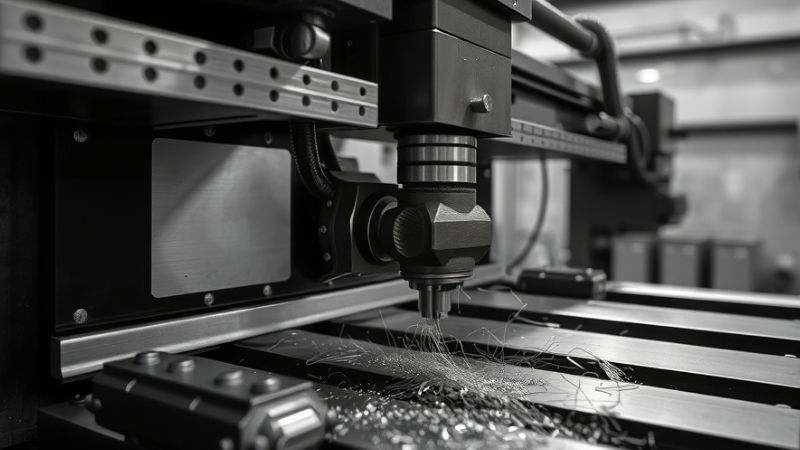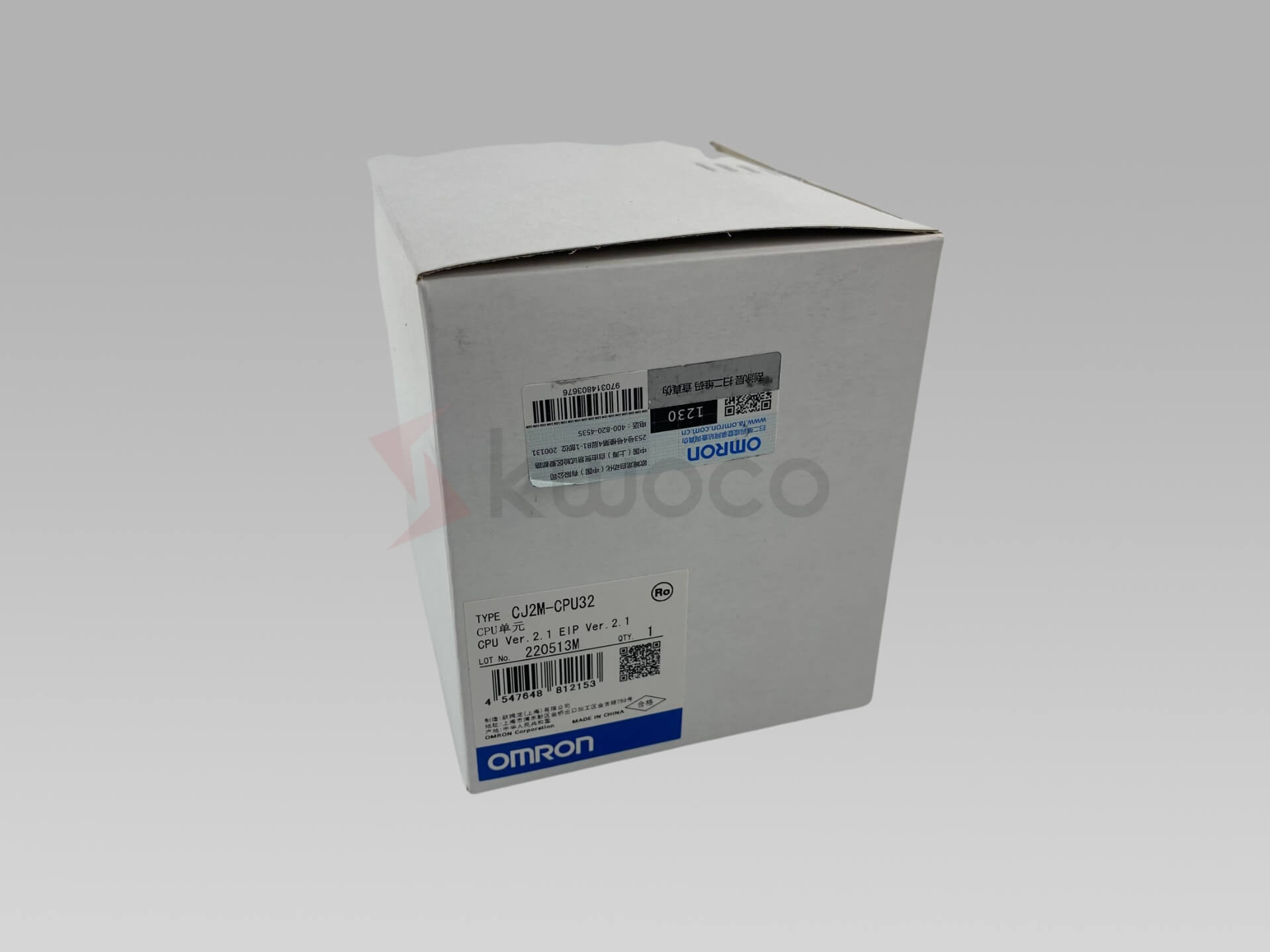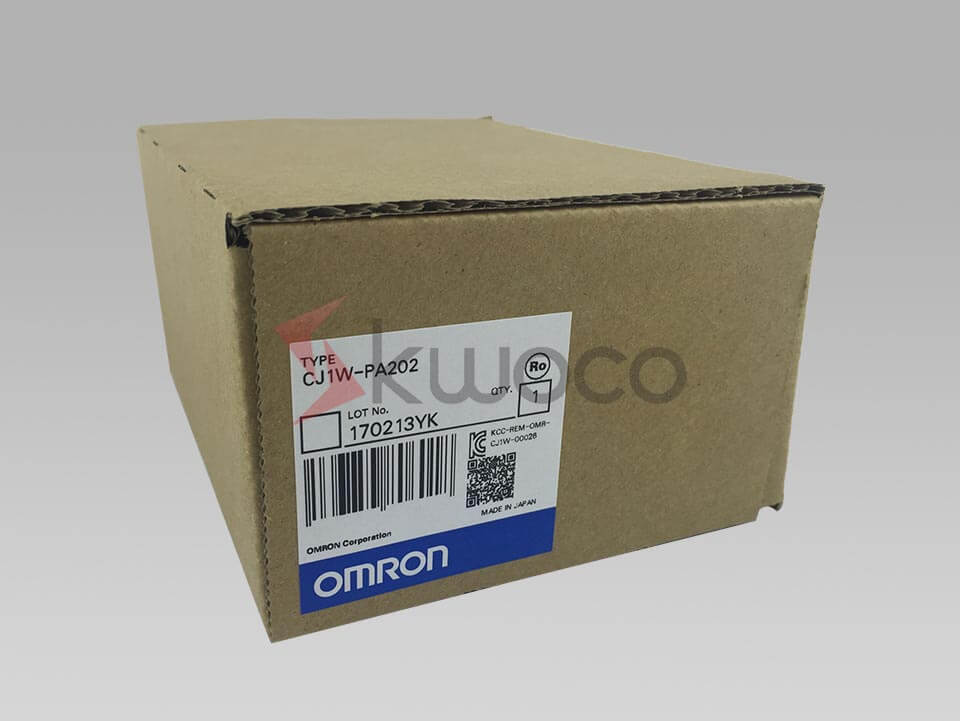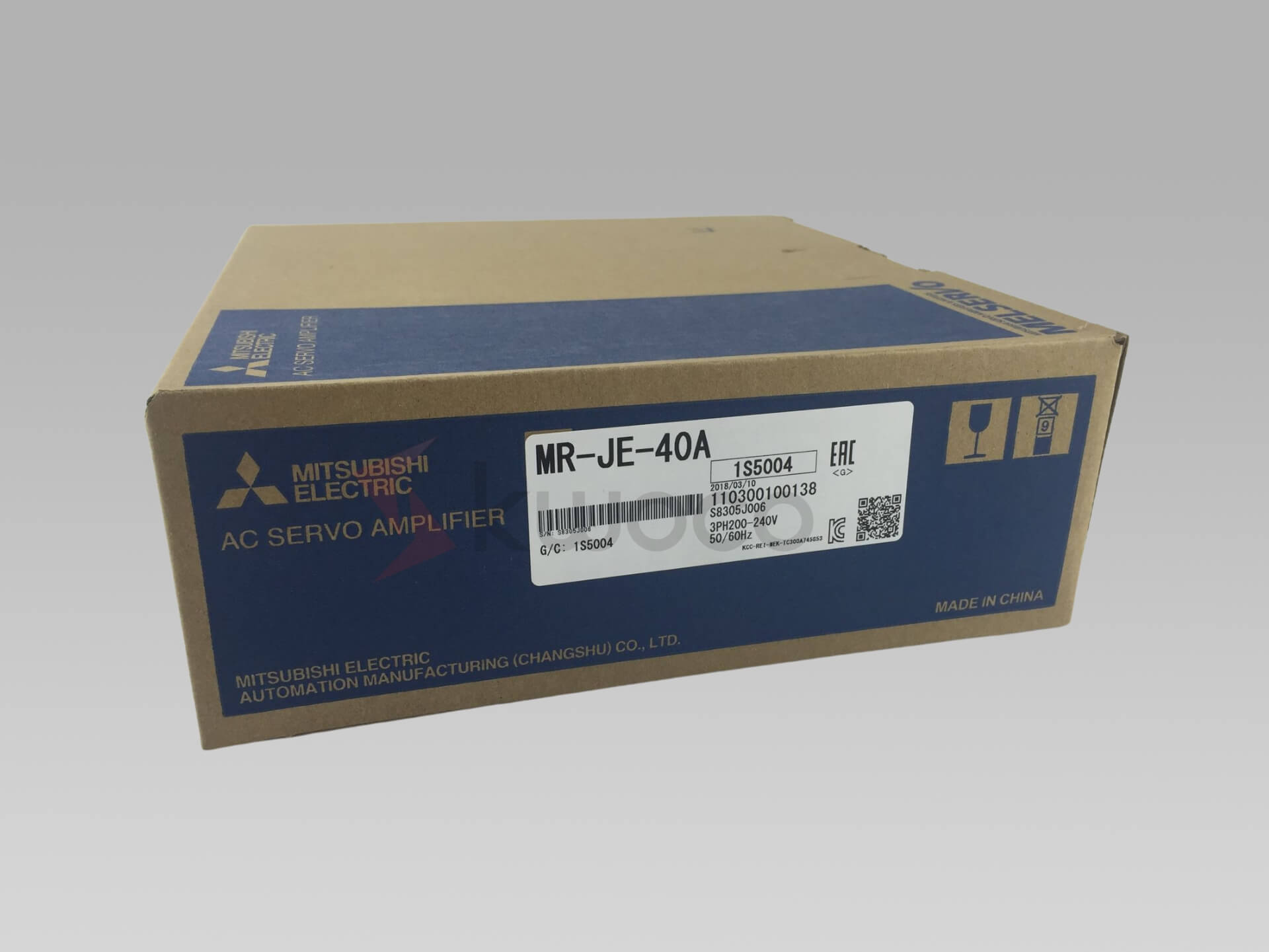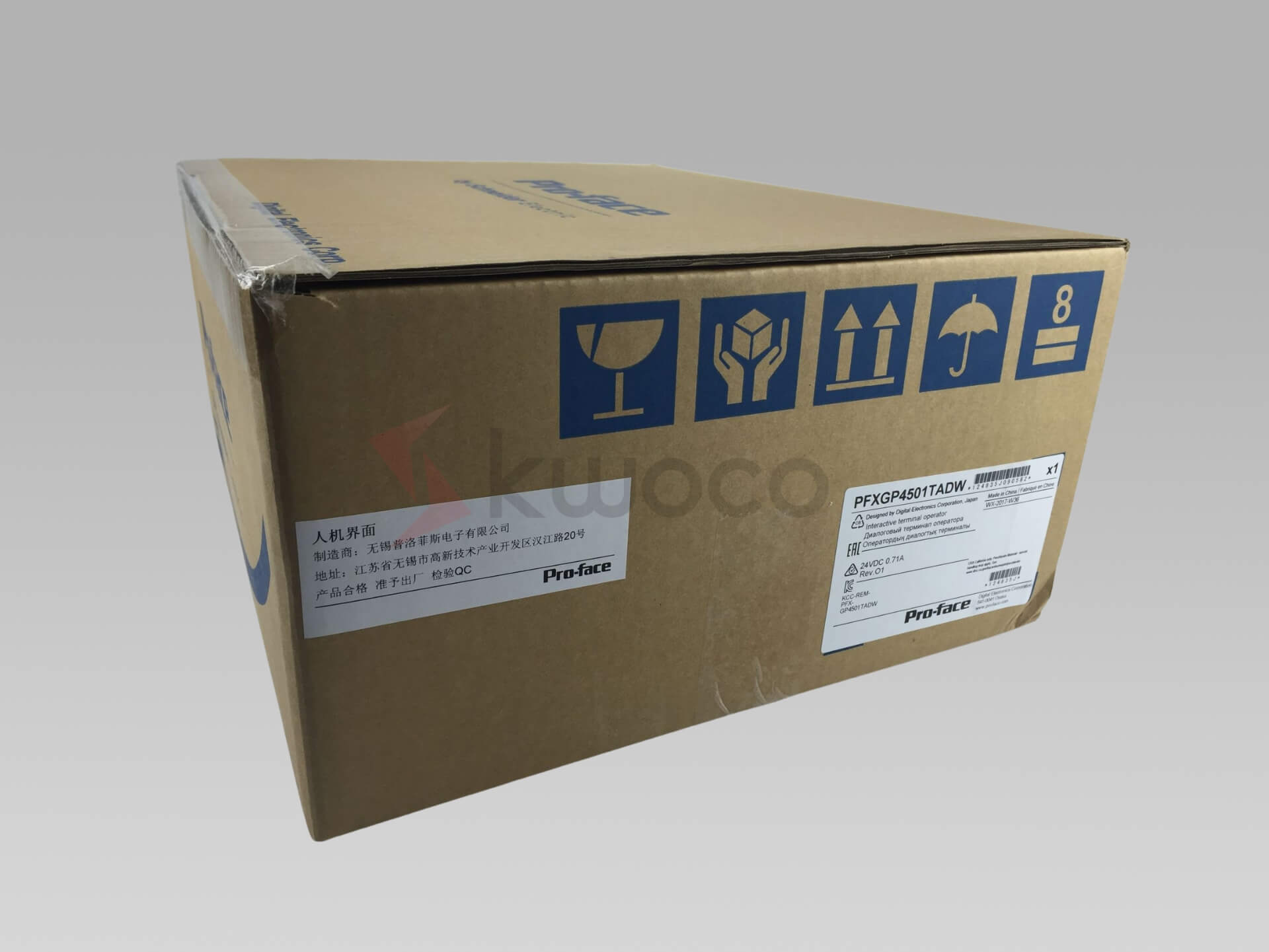What is an Automation System?
Table of Contents
What Is an Automation System?
An automation system refers to the use of control systems and technology to perform tasks with minimal human intervention. Essentially, it’s about utilizing machines and software to automate processes that were once done manually.
Automation involves using various equipment and control systems to monitor and control operations. These systems typically include sensors, controllers, and actuators working together to execute tasks automatically. For example, in manufacturing, an automation system can manage the assembly line, ensuring products are built consistently and efficiently.
Automation includes the use of technologies like programmable automation systems, where equipment can be reprogrammed for different tasks. This flexibility allows industries to adapt to changing needs without overhauling their entire setup.
How Does Industrial Automation Transform Industries?
Industrial automation is the application of automation systems in industrial settings. By adopting automation, industries can:
- Increase Productivity: Machines can operate continuously without breaks, leading to higher output.
- Improve Quality: Automated systems reduce human error, ensuring consistent product quality.
- Enhance Safety: Automation can handle hazardous tasks, reducing risks to workers.
- Reduce Costs: Over time, automation lowers operational costs by decreasing the need for human labor in repetitive tasks.
Industrial automation systems rely on advanced technologies like industrial robots and automation tools to perform complex tasks. For instance, a large industrial control system may manage an entire factory’s operations, from material handling to packaging.
Moreover, industrial automation solutions often integrate with information technology, allowing for better data analysis and decision-making. Automation enables businesses to monitor and control processes remotely, providing new insights into business challenges and suggesting solutions.
What Are the Different Types of Automation Systems?
Understanding the different types of automation helps in selecting the right system for specific needs. Here are the primary types:
1. Fixed Automation (Hard Automation)
Fixed automation involves dedicated equipment to automate a set of tasks. It’s ideal for high-volume production where the same operation repeats over time. While efficient, it’s less flexible when changes are needed.
2. Programmable Automation
In programmable automation, the equipment can be reprogrammed to perform different tasks. This type is suitable for batch production where products change periodically.
3. Flexible Automation (Soft Automation)
Flexible automation allows for easy switching between products without significant downtime. Industries that use flexible automation include automotive manufacturing, where customization is common.
4. Integrated Automation Systems
Integrated automation systems combine all aspects of production, from design to manufacturing to quality control. This form of automation leverages interconnected systems for seamless operations.
5. Process Automation
Process automation focuses on automating continuous processes, like chemical production or oil refining. It ensures consistent quality and optimizes resource use.
What Are the Benefits and Disadvantages of Automation?
Benefits of Automation
- Efficiency: Automation increases throughput and optimizes processes.
- Consistency: Automated processes deliver uniform results, reducing variability.
- Safety: Machines handle dangerous tasks, minimizing risk to humans.
- Cost Savings: Over time, automation reduces labor costs and waste.
For example, automation allows factories to run 24/7, significantly boosting productivity. Automation helps businesses stay competitive by delivering products faster and with better quality.
Disadvantages of Automation
- High Initial Investment: Setting up automation equipment can be expensive.
- Job Displacement: Automation may reduce the need for certain labor roles.
- Technical Issues: Systems may face sudden system failure, disrupting operations.
- Lack of Flexibility: Fixed automation isn’t adaptable to changes in production.
While automation offers many advantages, it’s important to consider these challenges when implementing it.
Why Is Automation Important in Today's World?
The importance of automation is evident across various sectors:
- Business Efficiency: Automation can be used to streamline business processes, reducing errors and saving time.
- Home Automation: In our daily lives, automation enhances comfort and security through smart homes.
- Technological Advancement: Automation integrates with machine learning and cognitive automation to create intelligent systems.
- Economic Growth: The automation market drives innovation and creates new industries.
Automation is the use of technology not just to perform tasks but to transform how we live and work. Automation involves using systems that adapt and learn, offering new insights into business challenges.
For older adults, embracing automation means accessing technologies that can improve healthcare, provide assistance in daily tasks, and enhance overall quality of life.
Frequently Asked Questions
While automation can displace certain jobs, it also creates new opportunities in technology development, maintenance, and oversight. It’s important for the workforce to adapt by acquiring new skills.
Cognitive automation combines artificial intelligence and machine learning to mimic human decision-making. It goes beyond predefined rules, allowing systems to learn and improve over time.
Absolutely. Automation tools are scalable and can help small businesses increase efficiency, reduce costs, and compete with larger companies.
No, automation is used in various sectors, including healthcare, finance, and retail. For example, robotic process automation automates repetitive tasks in data entry and customer service.
Home automation refers to using technology to control household systems like lighting, heating, and security remotely or automatically, enhancing comfort and security.
Power your projects with brand-new, original Omron, Mitsubishi, Schneider PLC – in stock, ready now!
Conclusion
Automation systems are reshaping industries and daily life by enhancing efficiency, safety, and productivity. From manufacturing to home appliances, the automation system is a cornerstone of modern technology.
Looking for new, original PLCs for your projects? At Kwoco, we stock the latest PLCs from top brands like Omron, Mitsubishi, and Schneider. Shop with confidence—fast shipping, guaranteed quality! Buy Now
To learn more about automation products and solutions, check out these resources:
- Explore PLCs for Industrial Automation to find programmable controllers for your systems.
- Discover Mitsubishi PLCs for reliable automation equipment.
- Upgrade Your Systems with Omron HMIs for intuitive human-machine interfaces.
- Enhance Your Automation with Proface HMIs offering advanced features.
- Integrate Schneider Inverters to improve control over your industrial processes.
Contact Us
Just fill out your name, email address, and a brief description of your inquiry in this form. We will contact you within 24 hours.
You May Also Find These Topics Interesting
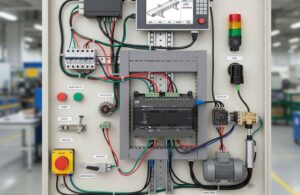
A Comprehensive Guide to PLC Types and Key Features
Programmable Reasoning Controllers (PLCs) have actually become the foundation of industrial automation, offering dependability, versatility, and efficiency in control systems. This short article explains the fundamentals of PLCs, their classification, advantages, and future advancement fads.
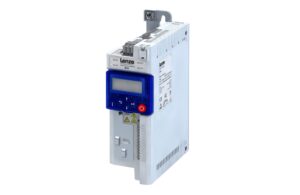
Lenze Drive Error Codes: How to Connect, Operate, and Fix Common Faults
This article provides a comprehensive guide to understanding, troubleshooting, and resolving common fault codes in Lenze drives. If you’re working in industrial automation, particularly with machinery and equipment factories or manufacturing plants, this guide will be an invaluable resource. We delve into the intricacies of Lenze drive error codes, offering practical solutions and expert insights to enhance your operational efficiency and minimize downtime. Understanding these error codes is essential for maintaining the reliability and longevity of your equipment.
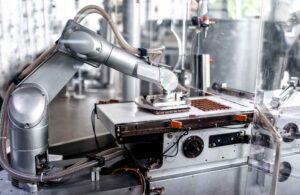
Transforming the Future of Industrial Automation: Insights for Automation Engineers
Step into a world where machines think and processes are automated. Industrial automation is transforming industries, reshaping how we manufacture, control, and deliver products. This article explores the evolution, benefits, and future of industrial automation, providing valuable insights into how it’s transforming the way we live and work.

